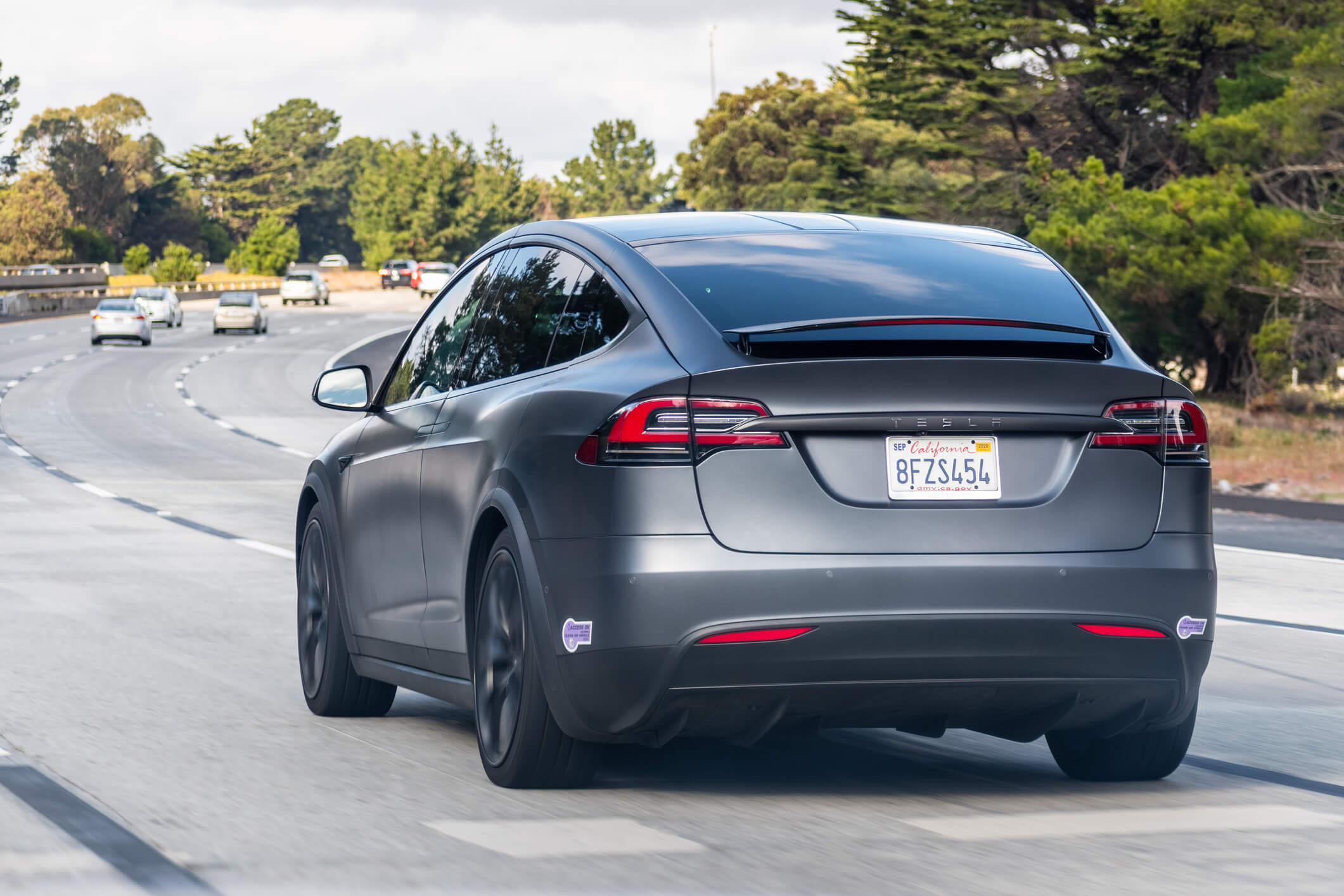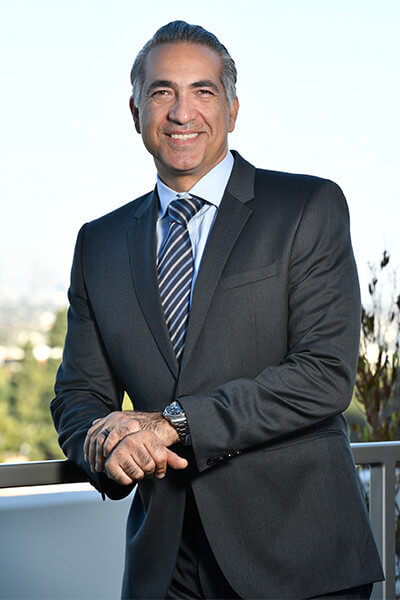Federal safety regulators are mulling a probe after Tesla drivers complained about phantom braking. Owners say that their vehicles were stopping for no reason. Phantom braking has been a persistent issue for Tesla cars.
“If the data show that a risk may exist, NHTSA will act immediately,” the spokesperson said.
Tesla owners have filed 107 complaints in the last 3 months compared with only 34 in the preceding 22 months. In October, the automaker issued an update to its automatic braking software, but complaints have increased rapidly since then. Federal safety regulators will do a thorough investigation before demanding recall of the vehicles to fix the issue.
Earlier this week, the automaker was forced to recall all 53,822 vehicles equipped with the “full self-driving” feature. Last year, NHTSA also forced Tesla to remove video games on the dashboard computer screen while driving. Now the agency is investigating numerous instances of Tesla’s in self-driving mode hitting emergency vehicles parked at the site of traffic accidents.
“Although automated driving and driver assistance systems have the potential to enhance safety, they must be implemented with strong safeguards that will ensure our cars follow the rules of the road and drivers are fully engaged,” said the statement from the two Democratic senators. “We commend NHTSA for its ongoing work to investigate the situation and urge it to continue taking all appropriate action to protect all users of the road.”
Last year, Tesla announced that it would stop equipping Tesla Model Y and model 3 vehicles with radar sensors and will use cameras that perceive their surroundings. Tesla’s new approach is known as “Tesla Vision.”
Tesla vehicles are equipped with 8 surround view cameras to show 360 degree view around the vehicle at up to 250m range. It also has 12 ultrasonic sensors to detect objects around the vehicle. According to drivers and safety experts, the vehicles began acting erratically after the above changes.
Some drivers said that their vehicles seemed overly sensitive to trucks in the opposite lane. One owner described how his car nearly stopped seemingly in response to a large truck from 50mph.
“[It] was scary to almost stop in the middle of my lane,” the owner wrote.
“Phantom braking is what happens when the developers do not set the decision threshold properly for deciding when something is there versus a false alarm,” said Phil Koopman, a Carnegie Mellon University professor who focuses on autonomous vehicle safety. “
“With only one sensor type, it’s harder to be sure because you do not have the cross-check from a different type of sensor,” he said.
Tesla had disbanded its public relations department in 2020 and did not respond to a request for clarification.
Owners of the 2022 Tesla Model 3 complained 20 times about phantom braking where the car suddenly slows or stops with no external cause, out of 22 total complaints.
“These events are hair-raising for me and passengers, let alone for a driver behind me,” one owner wrote in a report to the agency. “If he/she does not pay attention at that very moment, the result could even be disastrous. I would never have expected such a serious safety issue with a Tesla.”
“My wife has requested that I don’t use cruise control or autopilot while she’s in the car, as we experienced an unwarranted, aggressive automatic braking episode which caused great pressure against her pregnant belly on a previous road trip,” one owner said in a report.
“[These] things are happening with NOTHING present in front of my vehicle, and sometimes with nothing around me at all,” one wrote.
Final Thoughts
If you are an automobile owner and have manufacturing issues, you can contact us regarding your involvement in this potential class-action lawsuit. Serious vehicle problems require serious legal representation, especially when you are bringing a claim against a major automaker. At the Lemon Firm, our experienced Attorneys have been able to successfully recover compensation for our clients who were sold a vehicle with manufacturer defects, and we can do the same for you. Call (833) Lemon-Firm to speak with a Lemon law expert

